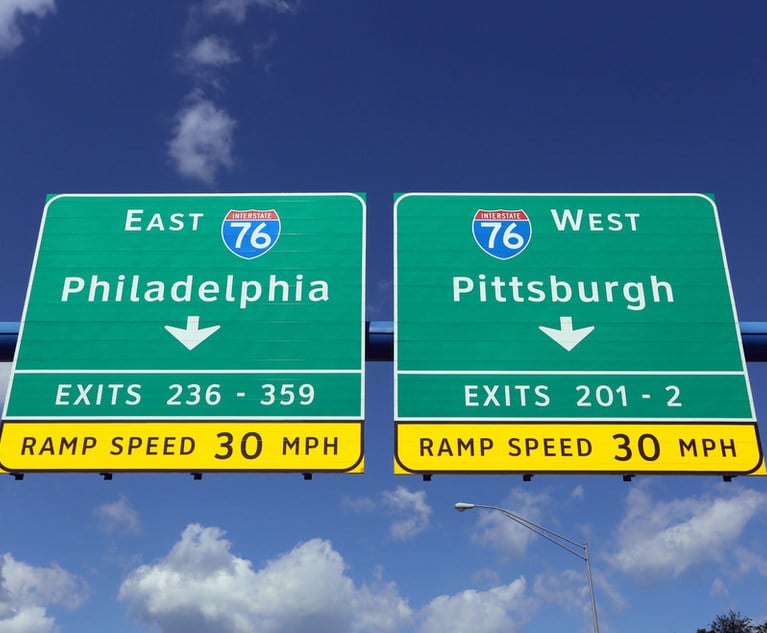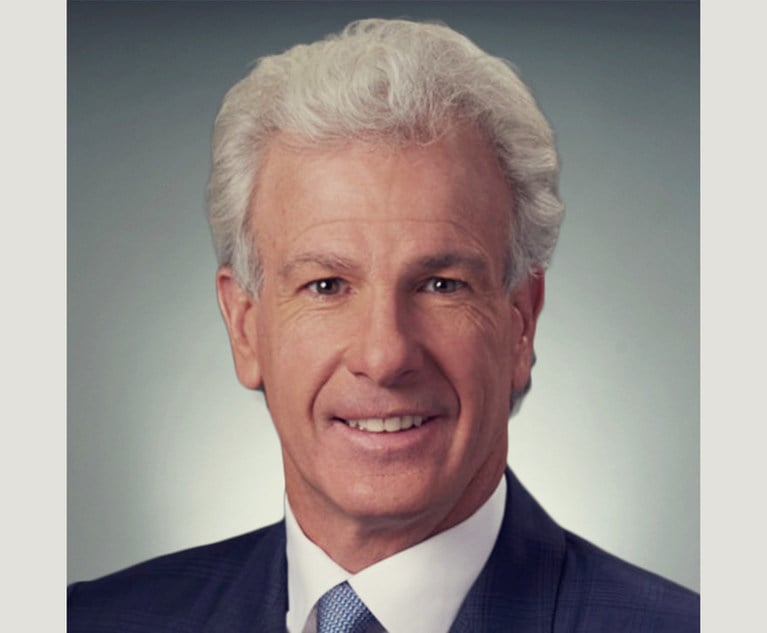Earlier this month, the U.S. Court of Appeals for the Third Circuit issued an opinion in N.J. Department of Environmental Protection (NJDEP) v. American Thermoplastics, No. 18-2865. It adds a new wrinkle on CERCLA Section 113(f)(2), which bars nonsettling parties from bringing claims for contribution against settling parties, while also placing new emphasis on CERCLA Section 104 cooperative agreements in the context of settlements.
The case involves the Combe Fill Superfund site, a landfill that operated from 1948 to 1981. From 1978 to 1981, the landfill was owned by Combustion Equipment Associates (CEA n/k/a Carter Day Industries) and run by its subsidiary, Combe Fill Corp. (CFC). CFC hired Compaction Systems Corp. to conduct operations at and transport hazardous materials to the landfill. In 1981, the site closed and CFC filed for Chapter 7 bankruptcy. The U.S. Environmental Protection Agency (EPA) and the New Jersey Department of Environmental Protection (NJDEP) filed claims, which were each settled for $50,000. In 1980, CEA filed for Chapter 11 protection. NJDEP filed a claim, which the court disallowed because only CFC was liable for the costs for cleaning up the site under New Jersey law. USEPA did not file a claim. In 1986, Carter Day sought a judgment that the EPA’s and NJDEP’s claims related to the site were discharged in bankruptcy. The bankruptcy court dismissed the action against USEPA as unripe. The bankruptcy court subsequently approved a settlement entered into between Carter Day and NJDEP by which “all claims of NJDEP against Carter Day with respect to the Combe Fill sites” were discharged, and NJDEP was enjoined “from pursuing any claims against Carter Day with respect to the Combe Fill sites.”


 Caleb J. Holmes shareholder with Greenberg Traurig.
Caleb J. Holmes shareholder with Greenberg Traurig.




